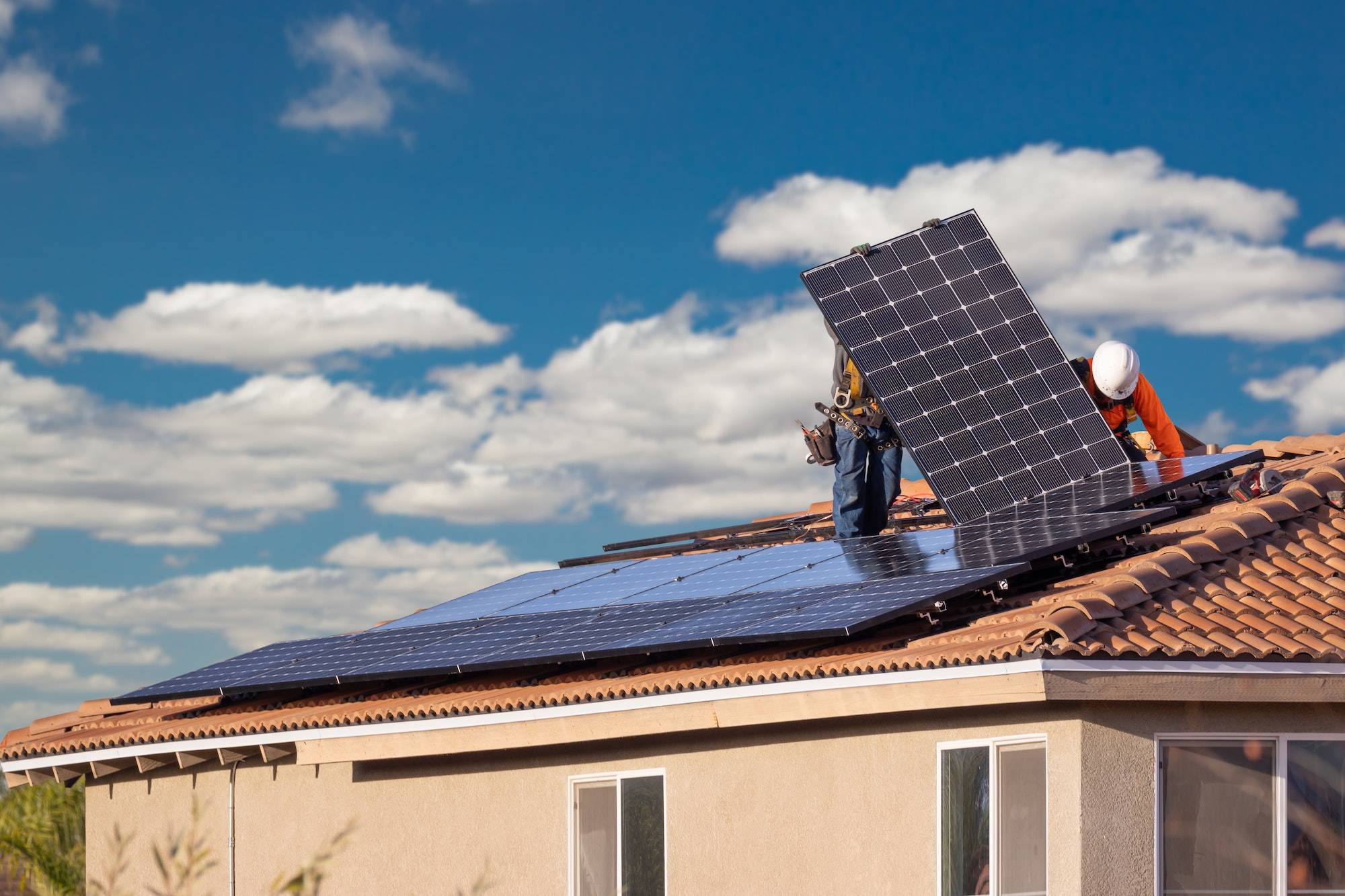Do You Need Solar Panels on ADU in California?
California is known for its sunny and warm weather, making it a great place for solar energy. In an effort to reduce carbon emissions and increase the use of renewable energy sources, California state law requires that all newly-built accessory dwelling units (ADUs) must have solar panels installed. This law is enforced by the California Energy Commission (CEC) and is a part of the state’s Title 24 energy regulations.
One of the benefits of this requirement is that it makes it easier and more affordable for homeowners to add solar panels to their homes. Contractors who are already in the process of building an ADU can easily install solar panels at the same time, making the process quick and efficient. Additionally, the cost of installing solar panels is often lower when it is done as part of a new construction project, as opposed to retrofitting an existing structure.
If you already have solar panels installed on your primary dwelling, you may be able to expand your existing system to meet the energy code requirements for your ADU. The new photovoltaic (PV) modules must be part of the ADU’s permit application and must be sized according to the Energy Code. In addition, they must comply with other parts of the building code as applicable.
It’s important to note that an existing solar array on your primary home – without any additions – will not be counted towards the CEC requirement for adding solar panels for new construction. However, you can expand an existing solar system on your primary house to cover the energy needs of the ADU, and such expansion may be counted towards the ADU during the permitting process.
Title 24 is an important aspect of California state law that requires all new construction, including ADUs, to meet certain energy consumption thresholds. This includes requirements for solar panels and other energy-efficient technologies. The purpose of Title 24 is to promote energy conservation and reduce the state’s carbon emissions. By requiring all newly-built ADUs to have solar panels, California is taking a step towards a more sustainable and energy-efficient future.
The Benefits of Adding Solar Panels during Construction
Solar panels have become increasingly popular in recent years as more people look for ways to reduce their carbon footprint and lower their energy bills. If you’re building an accessory dwelling unit (ADU) in California, state law requires that it be equipped with solar panels. While this may seem like an added expense, there are many benefits to installing solar panels during construction.
First and foremost, adding solar panels during construction is more cost-effective than retrofitting an existing structure. The process of installing solar panels is quicker and more efficient when it is done as part of a new construction project. This not only saves time but also reduces the cost of labor and materials. In addition, the cost of solar panels has dropped significantly in recent years, making it more affordable for homeowners to add them to their homes.
Another advantage of adding solar panels during construction is that it makes the installation process much easier. Contractors can easily install the panels as part of the construction process, which eliminates the need for additional work or the need to hire a separate contractor. Additionally, the panels can be integrated into the design of the ADU, making them a seamless part of the building’s architecture.
Installing solar panels during construction also provides many benefits in terms of energy efficiency. Solar panels are designed to generate electricity from the sun’s energy, which can significantly reduce your monthly energy bills. Additionally, solar panels can help reduce your carbon footprint, which is important for the environment and for future generations.
Another advantage of adding solar panels during construction is that it makes your ADU more attractive to potential buyers. As more people become aware of the benefits of renewable energy and energy-efficient homes, homes equipped with solar panels are becoming more valuable. This can increase the resale value of your ADU and make it easier to sell in the future.
Finally, adding solar panels during construction can help you save money in the long run. While the initial cost of installing the panels may seem high, the savings on your monthly energy bills can add up over time. Additionally, solar panels have a long lifespan and require very little maintenance, making them a cost-effective investment in the long term.
In conclusion, if you’re planning on building an ADU in California, it is important to make sure that it meets the state’s energy requirements, including the installation of solar panels. Not only will this help reduce your carbon footprint, but it will also make your home more energy-efficient and lower your monthly energy bills. Whether you already have solar panels installed on your primary dwelling or not, it is a good idea to consider adding them to your ADU to meet the state’s energy requirements.
